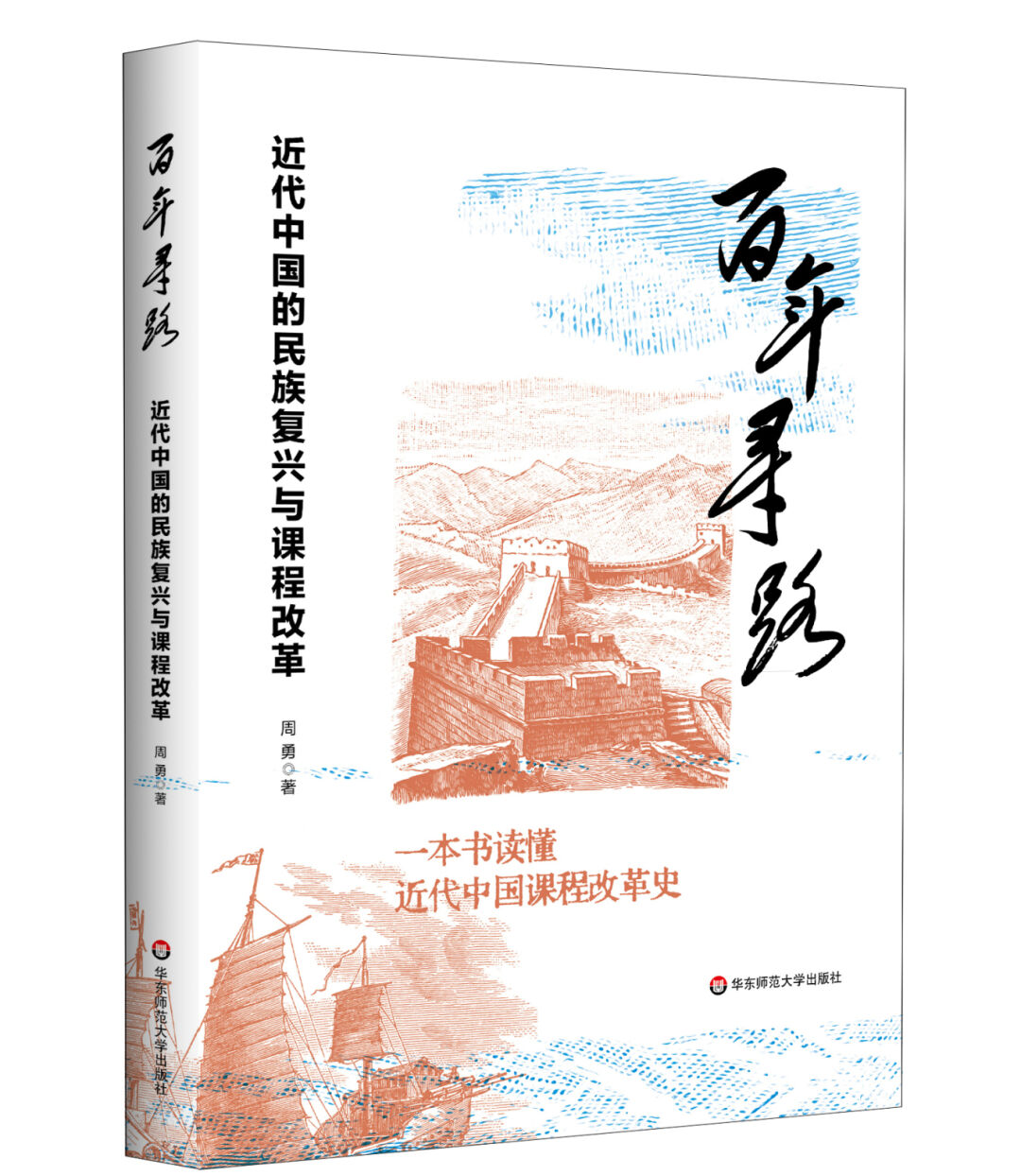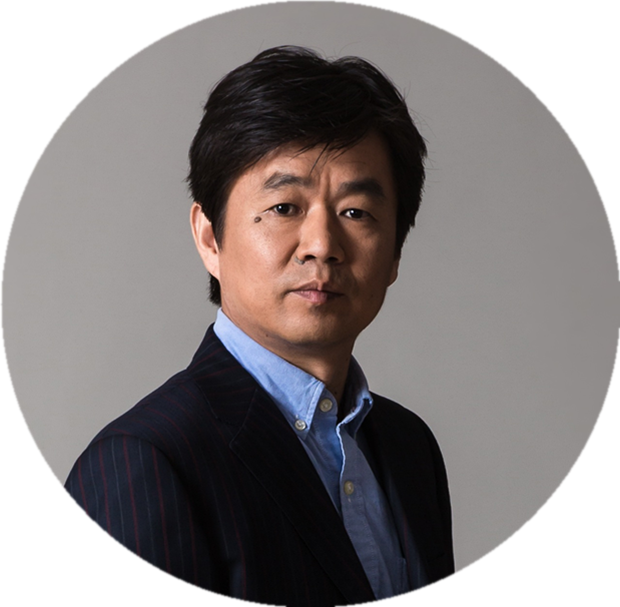ICI Academic ║A Century of Pathfinding: National Rejuvenation and Curriculum Reform in Modern China by Professor Zhou Yong
2024-04-15
Recently, Professor Zhou Yong's new book "A Century of Pathfinding: National Rejuvenation and Curriculum Reform in Modern China" was published by East China Normal University Press. After more than ten years of continuous writing, Professor Zhou Yong has a deep understanding of various historical facts related to the curriculum reform in modern China. At the same time, he is pondering how to refine the important theoretical perspectives and issues contained in the historical facts, and finally completed the 500,000-word new book "A Century of Pathfinding: National Rejuvenation and Curriculum Reform in Modern China".

This book is the final result of a major project of Key Research Base for the humanities and social sciences of the Ministry of Education and the project is chaired by Zhou Yong. As a key research base for the humanities and social sciences of the Ministry of Education, the Institute of Curriculum and Instruction of East China Normal University has always attached great importance to the development of curriculum history. The new book published by Professor Zhou Yong this time is another achievement made by the Institute of Curriculum and Instruction of East China Normal University in the field of curriculum history after Professor Cui Yunhuo translated and introduced the American "School Curriculum History" and Professor Wu Gangping pioneered the research on "The History of Chinese Curriculum Thought". It is not only conducive to innovative and deepening research on the history of curriculum reform in modern China, but also provides a useful historical reference for optimizing the theoretical construction and practical path of curriculum reform in contemporary China.

Zhou Yong, ICI professor, Doctoral Supervisor, Vice Chairman of the National Committee of Sociology of Education and vice chairman of the Branch of Young and Middle-aged Educational Theorists of the Chinese Education Society.
Researching Area: Chinese Culture and Education, Education Sociology, and Curriculum History
Different from existing works on the history of modern Chinese curriculum that focus on the evolution of primary and secondary school curriculum systems, Professor Zhou Yong’s new book centers on the characters who are the pioneers of curriculum reform, and places their thoughts and actions on curriculum reform in modern China. He examines the great changes and the process of national rejuvenation in the first hundred years (1840-1949) to reveal how pioneers in different periods such as Lin Zexu, Li Hongzhang, Zuo Zongtang, Kang Youwei, Liang Qichao, Cai Yuanpei, Zhang Taiyan, Hu Shi, and Li Dazhao responded to their respective great changes, understood and positioned the focus of national rejuvenation, and developed new courses in Westernization institutions, universities, middle schools, primary schools, or social fields. This ultimately explains why only the Communists can find the correct path to national rejuvenation for modern China’s curriculum reform, thus providing a new academic paradigms for modern China’s curriculum history and its study.
From the perspective of historical sociology and cultural studies, curriculum reform in any period is composed of extremely complex forces. The intertwining of many forces will eventually accumulate into a certain historical and cultural tradition, and its basic connotation can be broken down into external empirical facts and related ways of thinking which are “tradition of thought” that may still exert influence in curriculum reform today. Curriculum history and curriculum sociologists such as Kliebard, Tanner, and Apple have used the empirical facts of American curriculum reform since the end of the 19th century to reveal a series of ideological traditions that have played intrinsic supporting roles, such as academic supremacy, child-centeredness, social progressivism, scientific structuralism, etc. With examining the history of curriculum reform in modern China, many ideological traditions that once played an intrinsic supporting role and are still influential today can be identified.
Although many curriculum scholars are researching on curriculum history, they have not yet specifically analyzed the ideological traditions contained in modern China's curriculum reform due to once suspended curriculum research that just resumed in 1990s. This book examines the historical experience of curriculum reform in modern China from the perspective of national rejuvenation, and attempts to refine the "modern ideological tradition" of China's curriculum reform, precisely to make up for this academic deficiency. Examining China's historical experience and refining ideological traditions from the perspective of national rejuvenation can also break through the limitations of the research on the history of American curriculum reform, because most of scholars such as Kliebard, Tanner, and Apple reveal the ideological traditions of a specific period without exploring whether there is any common ideological tradition or ideal appeal that runs through the entire history of modern American curriculum reform.